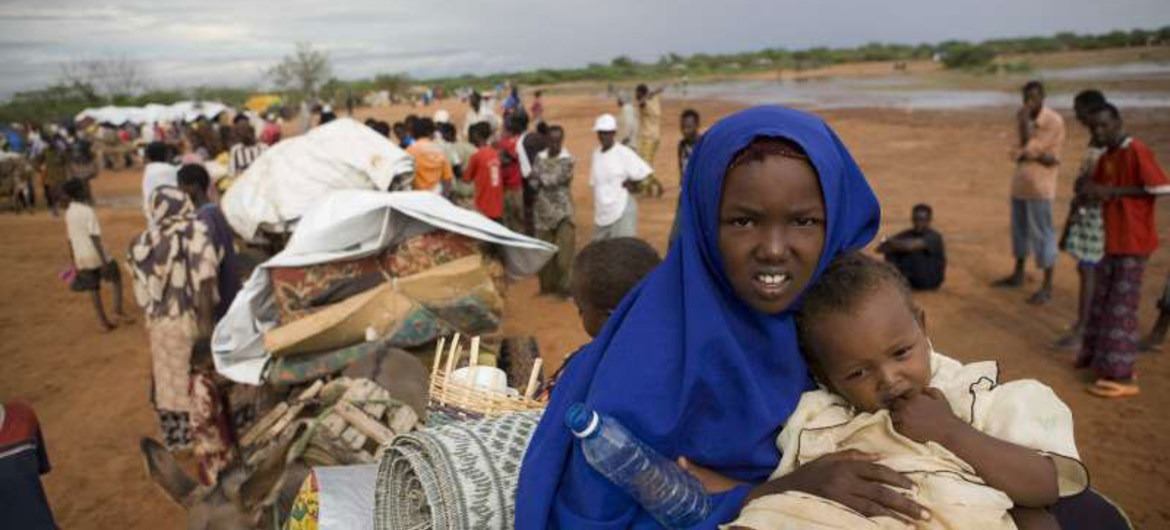Former Sports and Education Chief Administrative Secretary (CAS) Mr Zack Kinuthia argues protecting the girl child from hard labour might create more slay queens than wife materials in society.
He said bringing up girls who’ve been shielded from learning basic traditional skills like fetching water and firewood, tilling and planting, as well as baby tendering is bound to deny the world future “complete” wives.
The vocal politician lamented that many girls are now competing with boys on how to drink hard liquor, a thing that was unheard of a decade back.
“My opinion is that we might be doing our homes more damage than good in being overprotective of the girl child. We are bringing up our girls in a way that locks them out of basic practicals of good wives for diverse social classes,” he said.
“We appear to agree that girls are best brought up for white-collar relationships and we need to harden our girls a little bit.”
He said girls are falling easy prey to the vagaries of the masculine world simply because society only taught them to be soft where all their battles had some quarters to take them on.
He added that while the society appears unanimous that there is no big deal for the boy child to be taught how to graze cattle, till the land, break wood with axes mow compounds as well and keep hedges, the bay girl is even alienated from cooking on account that fire is dangerous.
He explained that boys are being brought up for the harsh world while girls are being brought up for the high-end market in relationships.
“That is why many boys in the face of joblessness fit in society with more ease than girls since they can become farmers, till their lands, plant, harvest, and store while girls believe it requires a miracle to do all that from a human being. Boys will graze cows and dehorn them for pay when the girl child is waiting for supermarkets and hotels to open up and recruit them,” he said.
Mr Kinuthia said this perfectly describes the major disconnect that is being manifest in relationships in today’s society where so many marriages are failing due to incompatibility.
“In my mind, I have a man who is educated yes, but because of joblessness, he decides to invest in farming. He has the mind of a white-collar job but is in the Juakali sector due to the reality of today’s job market. He gets to that point where he needs a wife. Common sense is that a wife is the principal assistant to the man; it requires that she be one who can fit in the man’s mind and also in his occupation. We have a shortage of girls who can practically farm,” he said.
Central region Federation for African Women Educationists (Fawe) Organising Secretary Cecilia Gitu concurs saying “It is the awkward truth that the very basic courses of practical life that were being inculcated to our women of the 1960-70 generation are becoming hard to come by.
“We are bringing up girls who cannot even get the ratio of tea ingredients right. Women who cannot even mash potatoes let alone cut sukumawiki…Some do not even understand how meat from butcheries ends up on the plate in small bits…” True, we have a problem.
Mrs Gitu said an African girl was being brought up well trained for home-keeping “but we have a situation we are bringing up girls to live in islands yet to be discovered given that reality of life is that not all men will end up being rich, influential and all in the white collar class… question being whether we are bringing up girls who can fit in both worlds of social class.”
She said that most girls are being brought up to end up relying on those who will be unfortunate to be brought up in poor families to end up as house help labour.
Mr Kinuthia said, “We are facing a society that by 2030 will be so drained of women who can even cook and change diapers since many will be waiting to get successful in life and employ a house and farm helps to do all those home chores that include cooking.”
Murang’a County Maendeleo Ya Wanawake Organisation Chair Ms Lucy Nyambura said we need to revisit those good old days when “girls were being taught how to knit using closets, weave baskets, draw and carry water from rivers and also basics of cooking and child nurturing.”
She said there is justification in the fear being manifest in the society that “women of today can drink well like their fathers but cannot cook well like their grandmothers since…this because even their mothers are a product of this modernity upbringing that has lost out on basics of home keeping.”
Mr Kinuthia said the government should concentrate on protecting the girl child from the grave dangers that lurk in the shadows of her growing up but at the same, all concerned realise protecting them is not necessarily treating them like balloons or eggs
“We should revisit the good old days when girls were being brought up to cut across the social divide…Not consciously or otherwise bringing up a legion of slay queens… We educate them yes, and preserve them yes as our future mothers but mothers well niched in the world we will be living in where their partners can be drawn from the shamba and Jua kali or from the State house or in the finesse of the corporate world. We have missed it completely,” he said.











